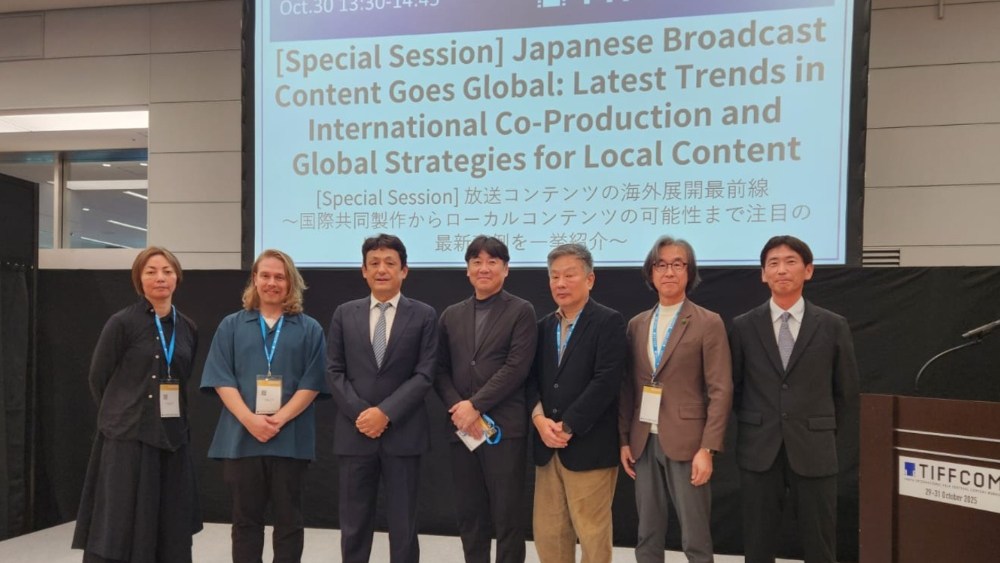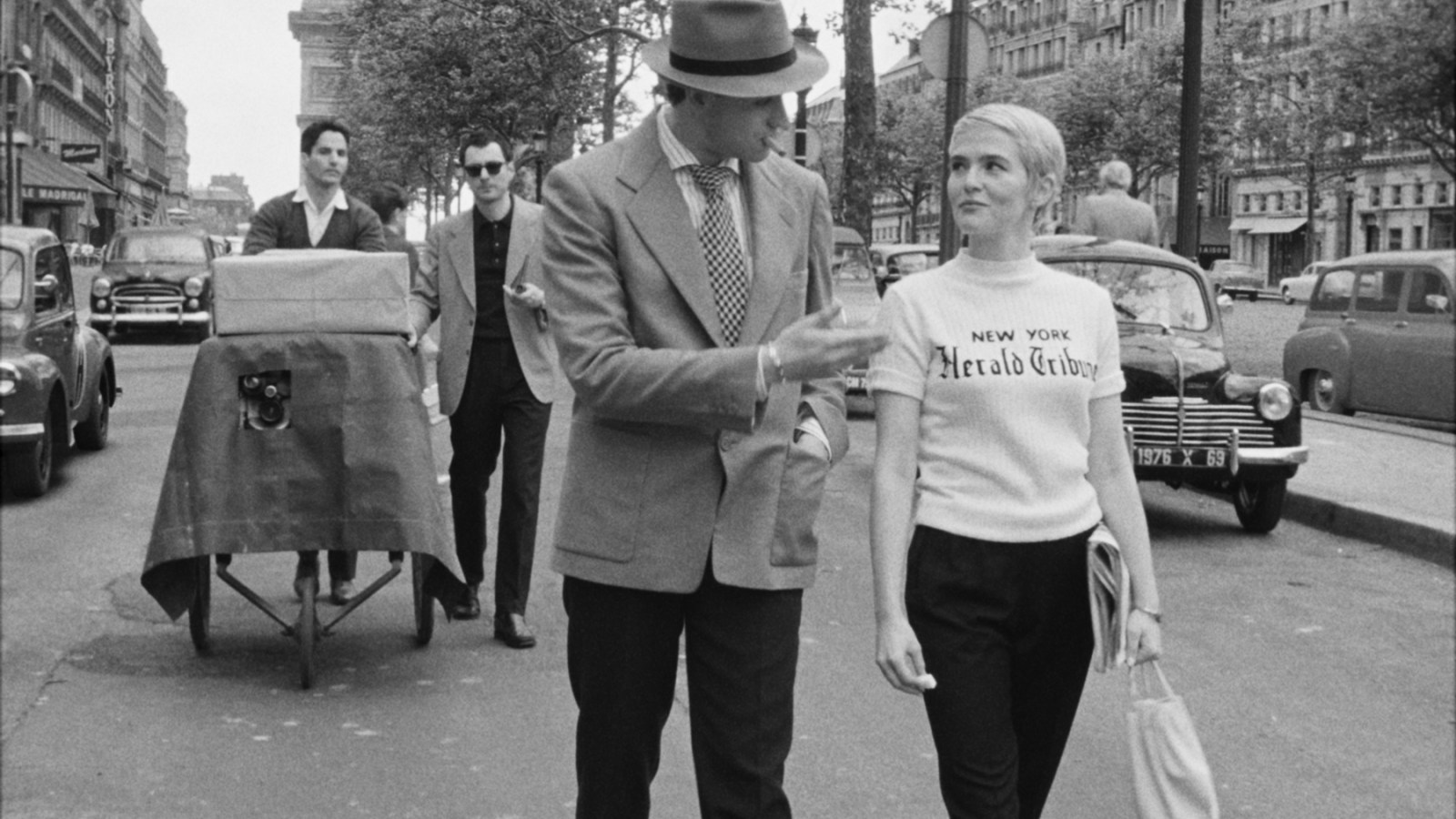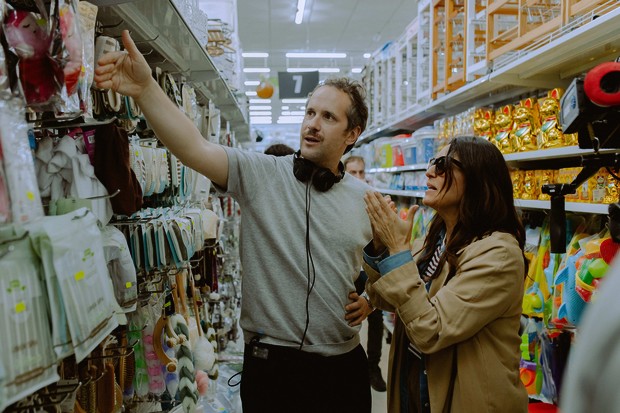Added time for script delays, differing ideas of days off and additional cost of crew. Producers of “Blood & Sweat”, an upcoming eight-episode crime series produced by Japan’s AX-ON and Finland‘s ICS Nordic, offered a candid look at real-world challenges facing international co-productions, at a TIFFCOM seminar.
TIFFCOM is the market arm of the Tokyo International Film Festival.
The series, starring Anne Watanabe (“Cube,” “Stay Mum”) and Jasper Pääkkönen (“BlacKkKlansman,” “Vikings”), follows two detectives from opposing cultures, jointly investigating a series of murders.
The nine-month script development process required intensive back-and-forth between writers and producers. According to AX-ON producer Daniel Toivonen, episode screenplays were first written in English, translated into Japanese, and then had to undergo further reviews to make sure the dialogue was culturally specific and appropriate.
“Initially the script is written in English, and we had that translated, but directly translated word for word, and then we had the actors speak those lines, to see if there was any discomfort and we rewrote from there, which took time,” said Toivonen.
Different working culture and styles also posed problems during filming. According to Toivonen, Finnish crews operate under strict union rules with a priority on work-life balance, in sharp contrast to Japanese filming practices. The cost of labor in Finland is also higher than in Japan.
“We were very strict about time management. In Japan, going over by a couple of minutes is fine, but in Finland, the camera shuts off on time time, sharp,” said Toivonen.
Under Finnish laws, the filming schedule was capped to a maximum of four 12-hour days per week. In practice, this meant shooting Monday through Thursday, followed by a prep day on Friday.
“Four days a week in Japan does not work, so we would maybe work six days out of the week, or have a longer work day,” explained Toivonen. “And also with Finnish crew and a Finnish director [shooting in Japan], we needed more staff members who could speak English, and so that meant more budget.”
Creative decisions are also more devolved in Finnish production culture as compared to their Japanese counterparts. According to Toivonen, Finnish directors tend to devolve greater decision making to department heads than Japanese directors. When asked about costume ideas, for example, a Finnish director working on the series reportedly responded, “This is Wardrobe’s job, and so I want to respect her thoughts.”
Separately, the seminar also introduced Local Content Bank (LCB), an initiative to help centralize and streamline Japanese content for the global market.
Led by regional broadcaster Miyazaki Telecasting Company, the online platform allows Japan’s multitude of small and regional television stations to upload their extensive library of programming, which is then broken up and re-categorised (via AI) into individual pieces of content.
Other users of the platform can then re-format and aggregate this content for new programming and long-form playlists.
















Leave a Reply